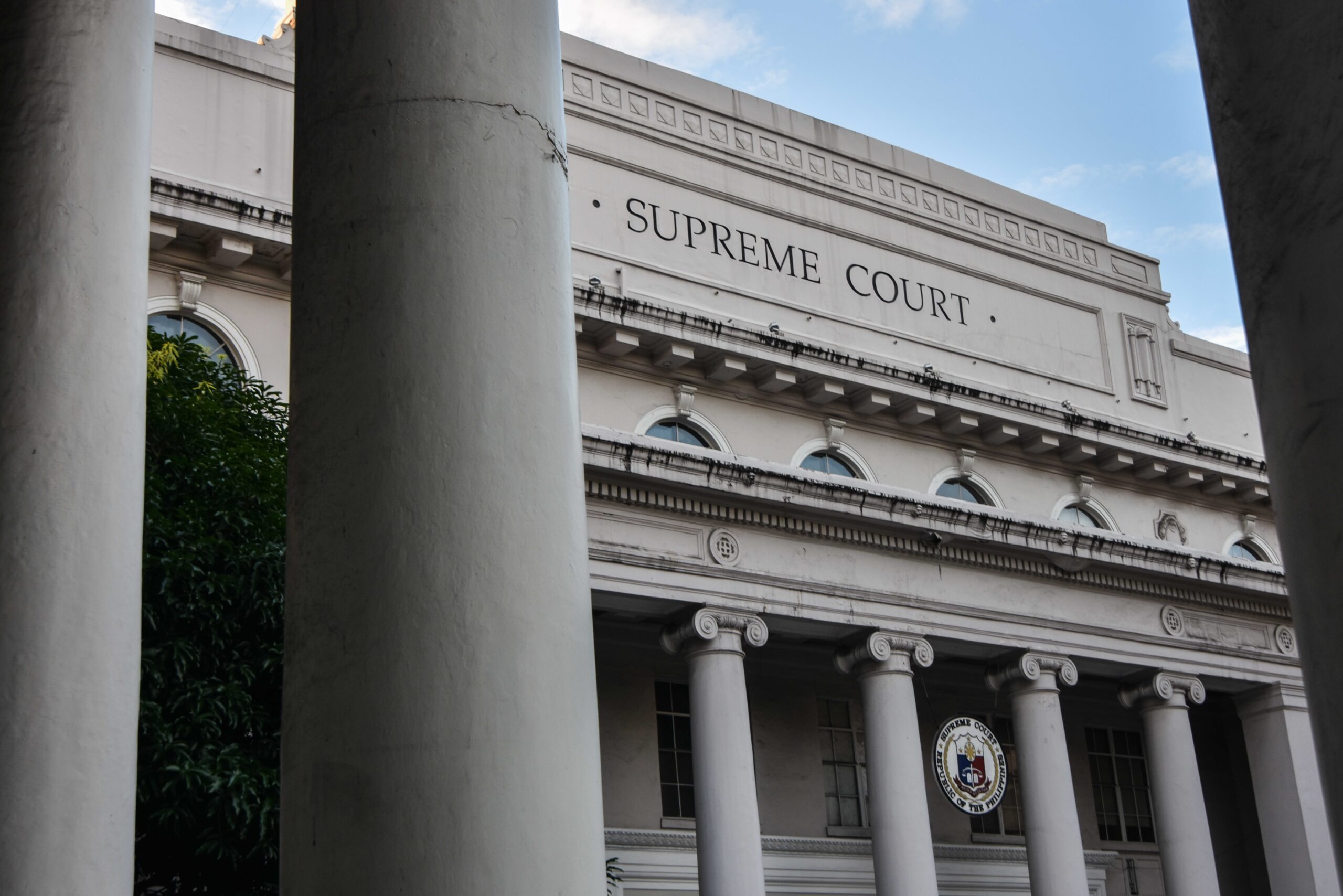SUMMARY
This is AI generated summarization, which may have errors. For context, always refer to the full article.

MANILA, Philippines (UPDATED) – The Supreme Court (SC) ordered the government to answer within 10 days the petition filed by opposition lawmakers seeking to stop the one-year extension of martial law in Mindanao.
The SC en banc also declared the petition sufficient and form and substance.
“Considering the allegations contained, the issues raised and the arguments adduced in the petition, it is necessary and proper, without giving due course to the petition, to require the respondents to comment on the petition and prayer for the issuance of a temporary restraining order (TRO) or writ of preliminary injunction,” the SC said in an order to comment released on Friday, December 29.
The so-called “Magnificent 7,” led by Albay Representative Edcel Lagman, filed the petition requesting a TRO against the ‘re-extension.’
The lawmakers said Senate President Koko Pimentel and House Speaker Pantaleon Alvarez restricted the debates during the joint session “so much so that the President’s request for extension was approved baselessly and with inordinate haste.”
They also said there is no actual rebellion in Mindanao to justify the re-extension, and that re-extension in itself is not allowed by the Constitution.
The lawmakers also expressed fear that it may lead to “extensions in perpetuity,” something that Presidential Spokesperson Harry Roque said will never happen.
Roque said the government is prepared to answer the petition before the High Court.
The order to comment was good news for Lagman, as the lawmaker noted that it meant their petition passed the first hurdle at the SC.
Lagman reiterated their key points:
1. There is no actual invasion or rebellion in Mindanao to constitutionally justifying any extension
2. Threats or “imminent danger” of rebellion is not a constitutional ground because “imminent danger” as a basis for the imposition or extension of martial law has been deleted by the 1987 Constitution
3. Remnants of vanquished terror groups are residual phantoms which have no capability of launching a rebellion, and they can be defeated by ordinary police and military operations without extending martial law
4. The Constitution does not allow a series of extensions which would defeat the constitutional intent of short duration of martial law and its extension
5. Martial law spawns violations of human rights and civil liberties and it emboldens the military and police forces to commit atrocities with impunity
6. Without declaring martial law, the President as Commander–in-Chief is empowered to call out the armed forces to prevent and subdue lawless violence, invasion or rebellion
Add a comment
How does this make you feel?
There are no comments yet. Add your comment to start the conversation.